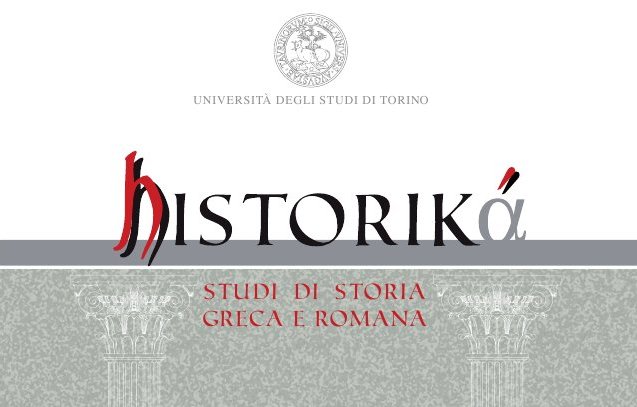Finis imperii, der Untergang des Abendlandes, un nuovo collasso dell’Occidente?
DOI:
https://doi.org/10.13135/2039-4985/1777Abstract
Il tema della fine degli imperi a partire dall’archetipo della caduta dell’impero romano di Occidente fissato alla data epocale del 476 A. D., ha rappresentato un tema costante della riflessione politica, ideologica e filosofica nel corso dei secoli, dal medioevo fino ad oggi. La connessione logica e ideologica fra declino e caduta dell’impero di Roma e tramonto dell’Occidente si è rapidamente imposta come leitmotiv della riflessione storica e filosofica, nonché come argomento di scienza politica dei secoli successivi, interpretata secondo diverse modalità e con protagonisti diversi ma costantemente riproposta sia come chiave di comprensione storica, sia come quadro di riferimento e di confronto. Tutto ciò sullo sfondo del principio della translatio imperii asseverato e preteso fino alle soglie dell’età contemporanea e, in modi diversi, riproposto nell’interpretazione delle dinamiche politiche del XX e XXI secolo.
The theme of the end of the empires, from the archetype of the fall of the Western Roman Empire fixed to the epochal date of 476 AD, has been a consistent theme of political, ideological and philosophical thought over the centuries, from the Middle Ages up to date. The logical connection between ideological and decline and fall of the Roman Empire and the decline of the West has rapidly emerged as the leitmotif of historical and philosophical reflection as well as a topic of political science of the following centuries, interpreted in different ways and with different protagonists but constantly repurposed both as key to historical understanding, both as a framework for reference and comparison. All of this in the background of the principle of translatio imperii asseverated and pretended until the beginning of the contemporary era and in various ways repurposed in the interpretation of the political dynamics of the twentieth and twenty-first century.
Downloads
Published
Issue
Section
License
The authors who publish in this magazine accept the following conditions:
a) The authors retain the rights to their work and assign the right of first publication of the work to the magazine, simultaneously licensed under a Creative Commons License - Attribution that allows others to share the work indicating intellectual authorship and the first publication in this magazine.
b) Authors may adhere to other non-exclusive license agreements for the distribution of the version of the published work (e.g. deposit it in an institutional archive or publish it in a monograph), provided that the first publication has taken place in this magazine.


 The journal has been approved for inclusion in DOAJ. The DOAJ listing of the journal is available at
The journal has been approved for inclusion in DOAJ. The DOAJ listing of the journal is available at 
